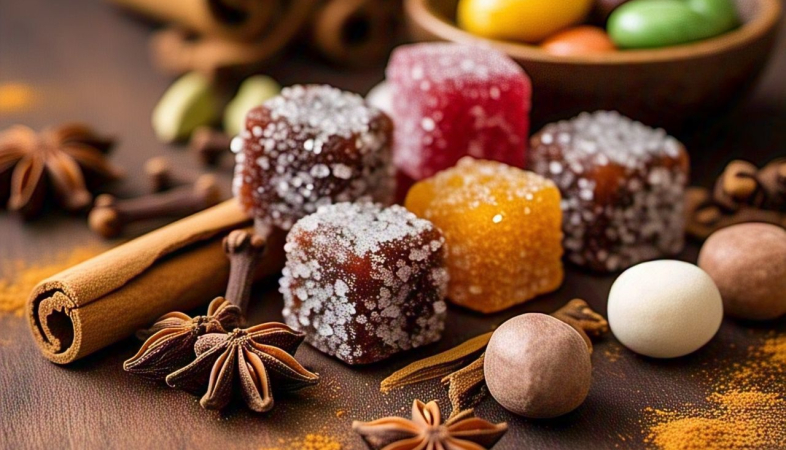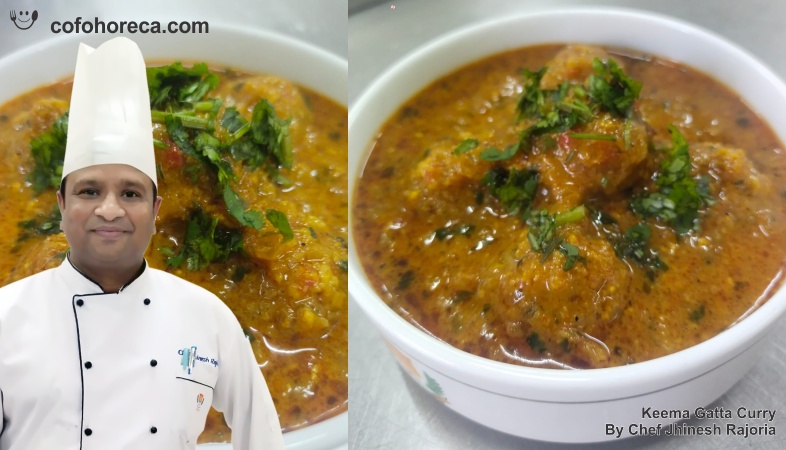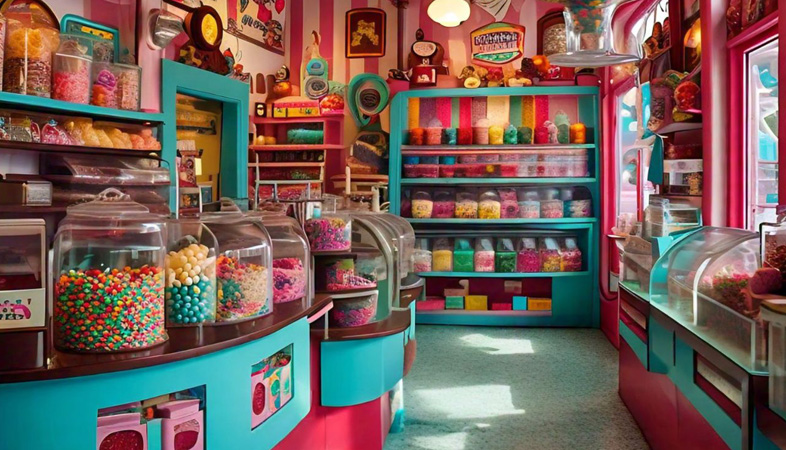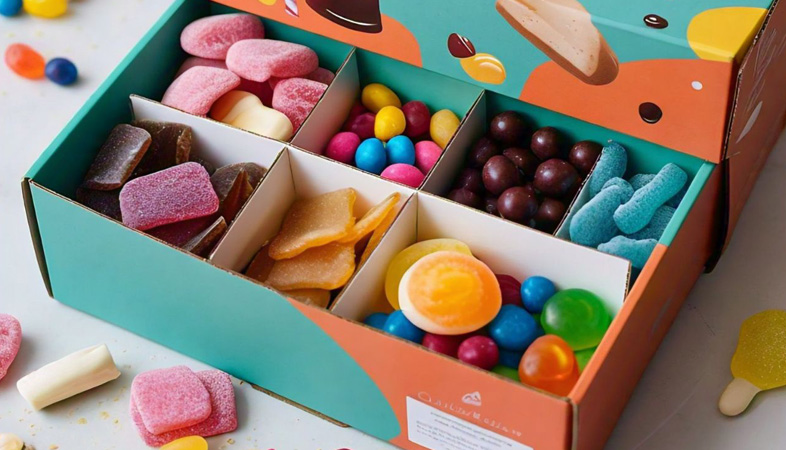Self-Cleaning Surfaces: A Game-Changer for Kitchen Hygiene?
Among these, self-cleaning surfaces have emerged as a revolutionary technology that could transform kitchen hygiene.
Maintaining impeccable hygiene in kitchens is a constant
challenge in the hospitality industry. With the rise of food safety concerns
and stricter sanitation regulations, innovations that enhance cleanliness
without adding to labor-intensive routines are gaining traction. Among these,
self-cleaning surfaces have emerged as a revolutionary technology that could
transform kitchen hygiene.
Self-cleaning surfaces leverage advanced materials and coatings designed to repel dirt, bacteria, and grease. Some use photocatalytic technology, where titanium dioxide coatings break down organic matter when exposed to light. Others incorporate antimicrobial properties that actively eliminate bacteria and prevent the buildup of harmful pathogens. These surfaces drastically reduce the need for frequent scrubbing and chemical cleaners, making sanitation more efficient and environmentally friendly.
In commercial kitchens, where cross-contamination is a major concern, self-cleaning countertops, cutting boards, and food preparation areas offer a proactive approach to safety. By preventing bacterial growth at the molecular level, these surfaces help reduce the risk of foodborne illnesses. Additionally, self-cleaning technology extends beyond countertops—refrigerators, oven doors, and storage units can also benefit from antimicrobial coatings, ensuring a more hygienic environment across all kitchen zones.
The financial benefits of self-cleaning surfaces are another compelling factor. While the initial investment in these advanced materials may be higher than traditional surfaces, the long-term savings in labor costs, cleaning supplies, and water usage make them a cost-effective solution. Restaurants and hotels can maintain higher hygiene standards without requiring extensive manual cleaning efforts, freeing up staff to focus on food preparation and service quality.
Sustainability is another advantage of self-cleaning surfaces. By reducing the need for harsh chemical disinfectants and excessive water consumption, they align with eco-friendly practices in modern kitchens. Many businesses in the hospitality sector are increasingly prioritizing sustainable solutions, and integrating self-cleaning technology supports these green initiatives while enhancing operational efficiency.
Despite their promise, self-cleaning surfaces are not a complete substitute for regular cleaning protocols. While they significantly reduce microbial buildup and dirt accumulation, they work best as a complementary tool to traditional hygiene practices. Routine sanitation measures, staff training, and adherence to food safety guidelines remain essential for maintaining a truly clean and compliant kitchen environment.
As technology advances, self-cleaning surfaces are likely to become a staple in professional kitchens, helping businesses maintain impeccable hygiene with minimal effort. With benefits ranging from improved sanitation and cost savings to environmental sustainability, this innovation is set to redefine kitchen cleanliness in the hospitality industry.
.png)




















.jpeg)







